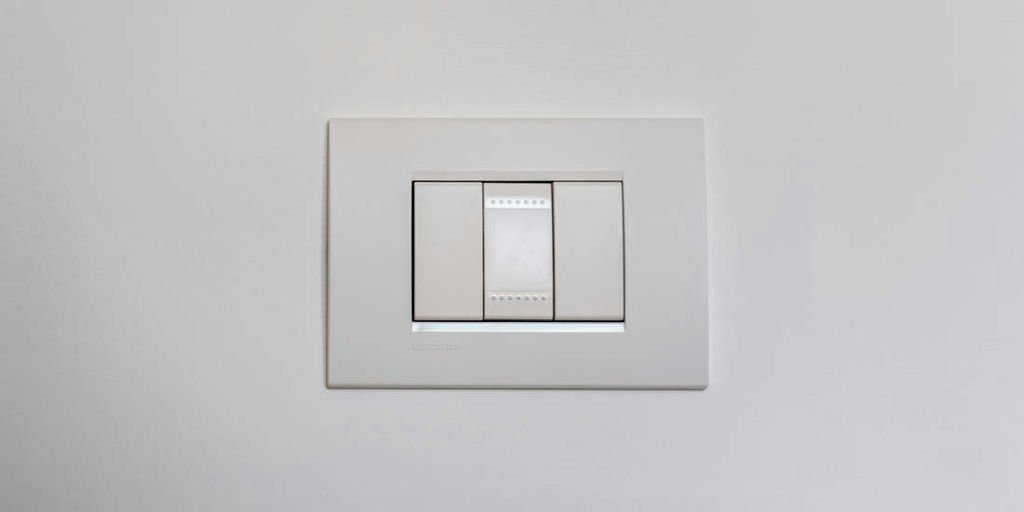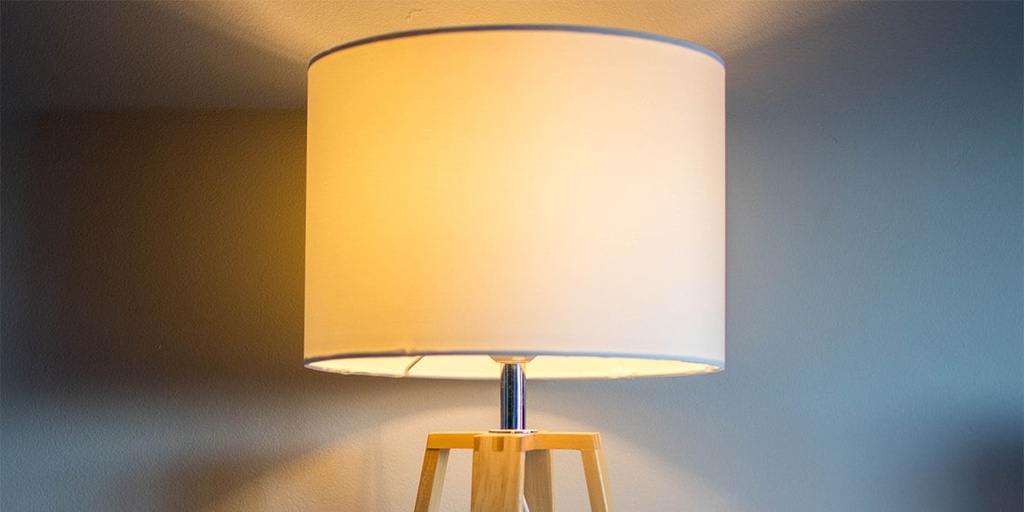Turn lights off when not in use
- Earth Points
- 5
- Ease
- Easy
Description
This is a simple one you likely already know. Simply turn off lights when you leave a room or do not need them. It saves electricity, reduces pollution from energy generation, and lowers your expenses.
There are extra bonuses as well. It extends the life of your bulbs, so you buy new ones less often. Plus, it slightly reduces the temperature in your home on hot days.
Tips
• Turning lights off is especially impactful if they are the older technology incandescent or halogen lights. These are the least efficient and most costly to operate.
• Compact Fluorescent Lights (CFLs) have less of an impact when left on, but you can still save if you will be out of a room for 15 minutes.
• Light Emitting Diodes (LED) bulbs are the most efficient, so the energy savings are less. Every little bit helps, but it is not worth too much worry for LEDs.
• If your electricity is powered by clean energy, there is still a benefit to using less of it. It saves you money and it reduces the burden for the wider electrical grid, which makes it easier to power more homes with clean energy.


